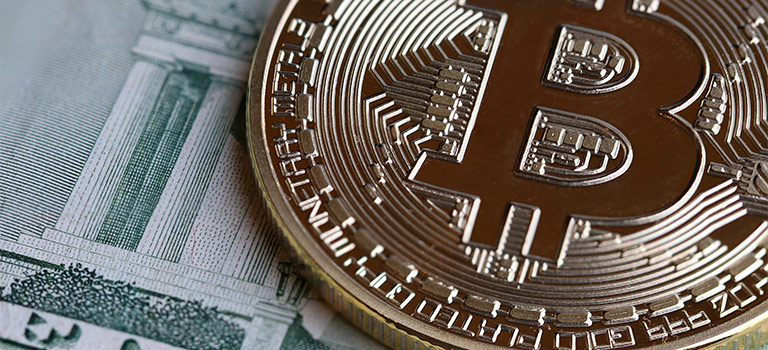PALO ALTO, Calif. (Reuters) - The Federal Reserve is looking at a broad variety of problems around digital payments and currencies, including policy, design and legal considerations around possibly providing its own digital currency, Governor Lael Brainard stated on Wednesday. Brainard's remarks recommend more openness to the possibility of a Fed-issued digital coin than in the past." By transforming payments, digitalization has the prospective to deliver higher value and convenience at lower cost," Brainard stated at a conference on payments at the Stanford Graduate School of Business.

Reserve banks internationally are Additional hints disputing how to manage digital financing technology and the dispersed ledger systems used by bitcoin, which promises near-instantaneous payment at potentially low expense. The Fed is establishing its own round-the-clock real-time payments and settlement service and is presently evaluating 200 comment letters submitted late in 2015 about the suggested service's style and scope, Brainard said.
Less than 2 years ago Brainard told a conference in San Francisco that there is "no engaging demonstrated requirement" for such a coin. However that was prior to the scope of Facebook's digital currency ambitions were commonly known. Fed officials, including Brainard, have raised issues about customer securities and data and personal privacy hazards that could be posed by a currency that might enter into usage by the 3rd of the world's population that have Facebook accounts.
" We are collaborating with other reserve banks as we advance our understanding of reserve bank digital currencies," she stated. With more nations looking into providing their own digital currencies, Brainard stated, that includes to "a set of factors to likewise be making sure that we are that frontier of both research and policy advancement." In the United States, Brainard stated, concerns that need research study consist of whether a digital currency would make the payments system more secure or easier, and whether it might posture financial stability dangers, including the possibility of bank runs if money can be turned "with a single swipe" into the central bank's digital currency.
To counter the monetary damage from America's extraordinary nationwide lockdown, fedcoin the Federal Reserve has actually taken extraordinary steps, including flooding the economy with dollars and investing straight in the economy. Many of these relocations received grudging approval even from many Fed doubters, as they saw this stimulus as needed and something just the Fed might do.
My new CEI report, "Government-Run Payment Systems Are Risky at Any Speed: The Case Versus Fedcoin and FedNow," details the threats of the Fed's current prepare for its FedNow real-time payment system, and proposals for central bank-issued cryptocurrency that have actually been called Fedcoin or the "digital dollar." In my report, I go over concerns about personal privacy, information security, currency control, and crowding out private-sector competitors and innovation.
Advocates of FedNow and Fedcoin state the federal government should create a system for payments to deposit immediately, instead of encourage such systems in the personal sector by raising regulative barriers. However as kept in mind in the paper, the economic sector is offering a seemingly unlimited supply of payment innovations and digital currencies to resolve the problemto the level it is a problemof the time space between when a payment is sent and when it is gotten in a savings account.
And the examples of private-sector innovation in this location are numerous. The Cleaning Home, a bank-held cooperative that has been routing interbank payments in various forms for more than 150 years, has been clearing real-time payments considering that 2017. By the end of 2018 it was covering 50 percent of the deposit base in the U.S.